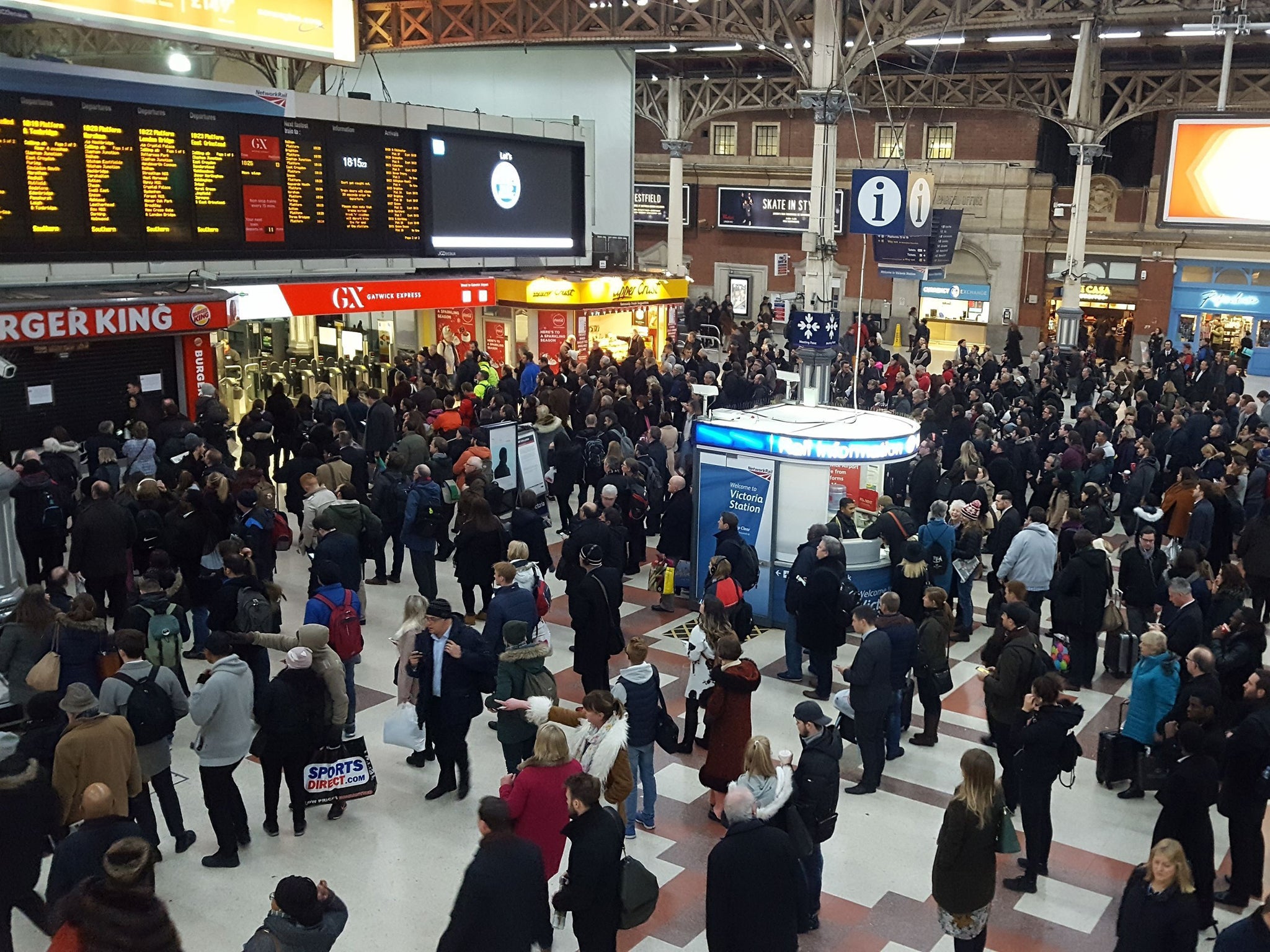The Independent's journalism is supported by our readers. When you purchase through links on our site, we may earn commission.
As a strike negotiator, this is why I support the Christmas of Discontent
Those on strike are the same 'ordinary people' who have bills to pay, packages to send, trains and planes to catch, Christmas to enjoy. And these ordinary people feel thoroughly disrespected

According to Downing Street, striking railworkers, post office employees and airline staff are showing “shared contempt” for “ordinary people”. After 30 years of being a national trade union official, I’d beg to differ.
There’s no “union baron” boogeymen, rallying workers to the picket line at a click of their finger. When a strike happens, it is because any semblance of good industrial relations between workers and employers has failed. Legal strikes require a vote and a notice period which come after negotiations have broken down. Then the ballot papers land on door-mats and the dynamic changes. A race against time to reach a deal. Things have clearly got to be bad if it’s got to this stage.
As a negotiator, I always try to avoid industrial action – if I can. It is expensive, a legal minefield. Attitudes harden. People can stop looking for solutions. Strikes destroy relationships between unions and employers. And hard as they are to start, they can be so much more difficult to settle (and so a particular shout out to ACAS conciliators for the great work they do).

Talk to CWU people who are in dispute with the Post Office over site closures and pension changes. The last thing they want to do is to fail to provide a good service to their customers – but they are sure that the actions of the employer make this impossible anyway.
Those on strike are the same “ordinary people” who have bills to pay, packages to send, trains and planes to catch, Christmas to enjoy. And these ordinary people feel thoroughly disrespected.
Employers can close sites, change contracts, restructure operations, and even line their own pockets. CityLink directors and Philip Green were notoriously seen to be putting their personal interests ahead of staff as their corporate vessels were going under. The only thing our members have to sell – or to withdraw – is their labour.
And don’t kid yourself. Being on strike is tough. No money coming in. Long periods when nothing happens. Exposed to the elements – both meteorological and political. Ask the Critchley workers, sacked for simply wanting to join a union and were on strike for over two years.
But the public can be kind. “Good for you”, “Someone has to stand up to ‘em”, “I’d do the same but we haven’t got a union”. This support – from people who have either been through similar upheavals or who fear they will be next – massively outweighs the abusive tweets and the odd jeer. If you are nervous, fearful, cold and in dispute, that encouragement is priceless.
For me, there is fundamental empathy between public opinion and fairness. It is no accident that the Prime Minister herself stood back this week from calls for even tighter restrictions. The TUC’s Frances O’Grady points to the £20 per week fall in pay rates between 2008 and now, and the widening gap between the rich and poor has widened. The “gig economy” may be in full swing, but the notion of fundamental workers’ rights has traction and, with the GMB union’s court victory against Uber, case law to support it.
“I will stand on the picket line not because I can but because I must” wrote one young trade unionist about a recent dispute. As we head into 2017, that sums things up rather well.
Join our commenting forum
Join thought-provoking conversations, follow other Independent readers and see their replies
Comments
Bookmark popover
Removed from bookmarks